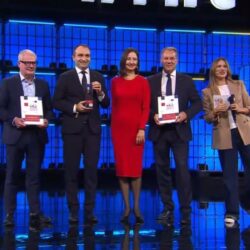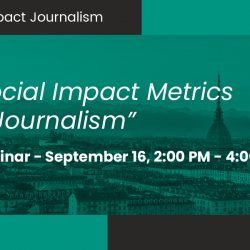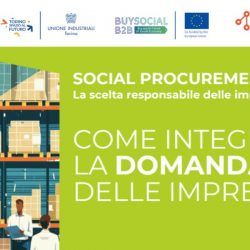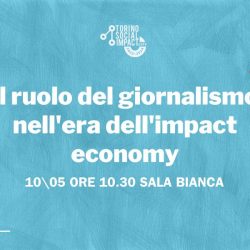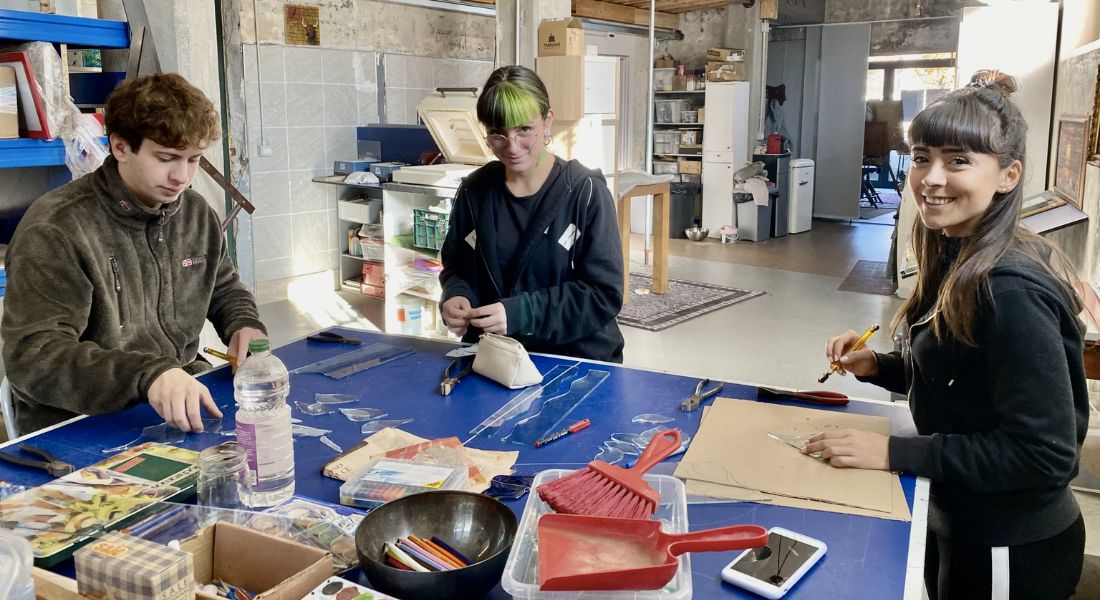The initiative is by the Groscavallo association Al Cicapui, which is setting up a coworking space in Turin.
The name is suggestive: “circular building”. It indicates a process of building tools and spaces from waste materials that are “rescued” from landfills. And this is exactly the goal that the Groscavallo association Al Cicapui has been pursuing for some time, building a coworking space in Turin step by step.
The creation of the space is made possible, among other things, by the partnership with AICS Turin, the project leader body together with other third sector bodies. All together they participated in the tender that the City of Turin published in the framework of the Social Inclusion Plan with the project “Nourishing community for new life-generating trajectories”. Since it was born, Al Cicapui has always been the spokesperson and architect of projects with a view to circular building and, thanks to its internal skills and the network of donor companies, it will support some interventions for the regeneration of interiors in the field of social housing.
Chiara Ferraris, who represents the association, answers us right from the Coworking space in Piazza Vetta d’Italia in Turin, which Al Cicapui manages with two other cooperatives. A constantly moving space, animated by the shapes and colors of the furnishings built by those who will live in that space to work or study. “It is our workhorse – says Chiara – which we care a lot about. Now we are here in Turin, but the idea of furnishing the spaces with reused materials comes from Groscavallo, precisely from the Migliere hamlet”. That is, the hamlet in which the Al Cicapui event was born.
“We had taken over the sports field of the hamlet – continues Chiara – but there was nothing, and therefore we had to furnish it. We didn’t have the funds to furnish everything from top to bottom, and so we decided to try our hand at regenerating the spaces using reused materials”. The idea worked and the space under management gradually took shape, became welcoming and on a human scale. But mind one thing: this is not just a matter of pure and simple recycling of materials destined for landfills.
Behind the furnishing of a space, as urban planning teaches, there is much more: “From the point of view of social housing – explains Chiara – it is certainly important to regenerate spaces, but what really matters is starting a process of education to beauty”.
A process that cannot ignore the involvement of those who will use those furnishings once built. “Making people participate in the construction of the spaces they will live in – explains Chiara – considerably reduces the possibility that the furnishings can be vandalized or mistreated”. In short, vandalism is read as a phenomenon connected to the extraneousness of the spaces that each of us experiences every day. To avoid this, users need to make them their own. And what better way to make them your own than by making them?
Getting your hands dirty, building your own spaces and reusing recycled materials therefore becomes an opportunity to trigger an educational and sustainable process. “We also focus a lot on training – explains Chiara -. For example, the Biosphere cooperative has started an internship in our spaces for an Egyptian boy who is not yet of age”.
The cooperatives, according to Chiara, “have understood that it is much better to teach Italian to young people through an educational and engaging internship, through which the young person can feel part of a creative project, than by sending them to take traditional courses”. We take a tour of the Coworking with Chiara: there are joelettes, chairs, mirrors, works of art and many other objects that furnish the space. All produced with reused materials. “We have a two-year contract with Decathlon which supplies us with the materials – explains Chiara – with which we then make the furnishings and tools”.
For her, it is also a matter of launching a message of awareness, and not just to ordinary citizens. “We would also like to sensitize companies – he says – by showing them that functional and socially useful objects can also be reproduced with waste pieces”.
But the coworking in Piazza Vetta d’Italia is much more. For example, since 2020 Al Cicapui has been holding circular building courses here as part of the Bottega Scuola Piemonte project.
Also within this project is the work of the designer Rebecca Ferrari, graduated from Polito with the thesis “Out-Feel: sensoriality in autism”. Rebecca is responsible for creating self-constructed social furnishings with Decathlon products and end-of-life glass transport.
In planning there is also a study room, always made with waste materials and always inside the Turin Coworking. Here too, the perspective is to combine the need to inhabit spaces with the possibility of starting a path of self-education in beauty and respect for shared places.
Popular
